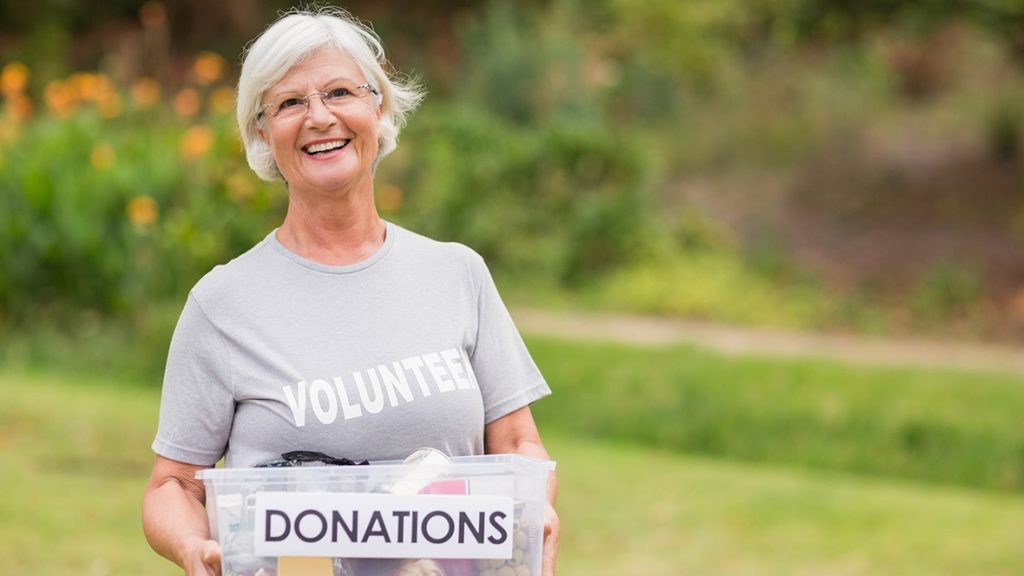How much water should you be drinking?
Historically, the rule of thumb was that you need to drink at least 8 glasses of water a day. But did you know that number was recommended in 1945, and hasn’t changed since? This number also referred to a person’s total daily water intake — not just pure water but also the amount taken in from foods and other beverages. Over the years, it has been widely misinterpreted to mean that everybody, everywhere should drink eight 8-ounce glasses of plain water every day.
Unfortunately, the answer isn’t quite that simple.
“There are many factors that affect water needs and hydration status, such as body size, climate, activity and metabolic rate, etc., so water needs may differ from one individual to another and even for the same person under different circumstances,” says Paul Jacques, a senior scientist at the U.S. Department of Agriculture Human Nutrition Research Center for Aging at Tufts University.
The current recommendation for water intake (including water in other beverages) according to the National Academies of Sciences, Engineering, and Medicine, is 13 cups per day for men and nine cups per day for women. This number is even higher if you include water content from food.
While not all experts may agree on this number, one thing is for certain – staying hydrated is important.
“You might think that since your body has so much water — more than 50 percent — it shouldn’t make a difference, even if you lose some,” says Stavros Kavouras, a professor of nutrition and director of the Hydration Science Lab at Arizona State University. “However, the data suggest that even a 1 to 2 percent water deficit is enough to lower exercise performance, impair cognitive function and worsen cardiovascular function.”
A recent study from the National Institutes of Health (NIH) suggests that adults who aren’t sufficiently hydrated may age faster, face a higher risk of chronic diseases — such as lung disease, diabetes, heart failure and stroke — and be more likely to die younger than those who stay well-hydrated.
Exacerbating the problem: Research shows we tend to drink less as we age. One study published in 2019 in the journal SAGE Open Nursing suggests that up to 40 percent of older adults may be chronically underhydrated. The obvious culprits: Certain medications, such as diuretics, may negatively affect water balance, plus some older adults may intentionally reduce their water intake because of incontinence or other concerns about bladder control. What’s more, the sensation of thirst tends to decline with age.
So make sure you’re drinking your water daily!
Share this post:
Better Living for Today
Reasons Why You Should Writing Handwritten Thank You Notes
In this digital society where there are various channels and…
Read MoreWhy You Should Volunteer During Retirement
Retirement is a phase of life that most of us…
Read More



